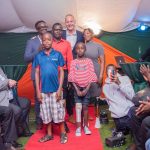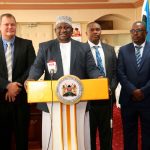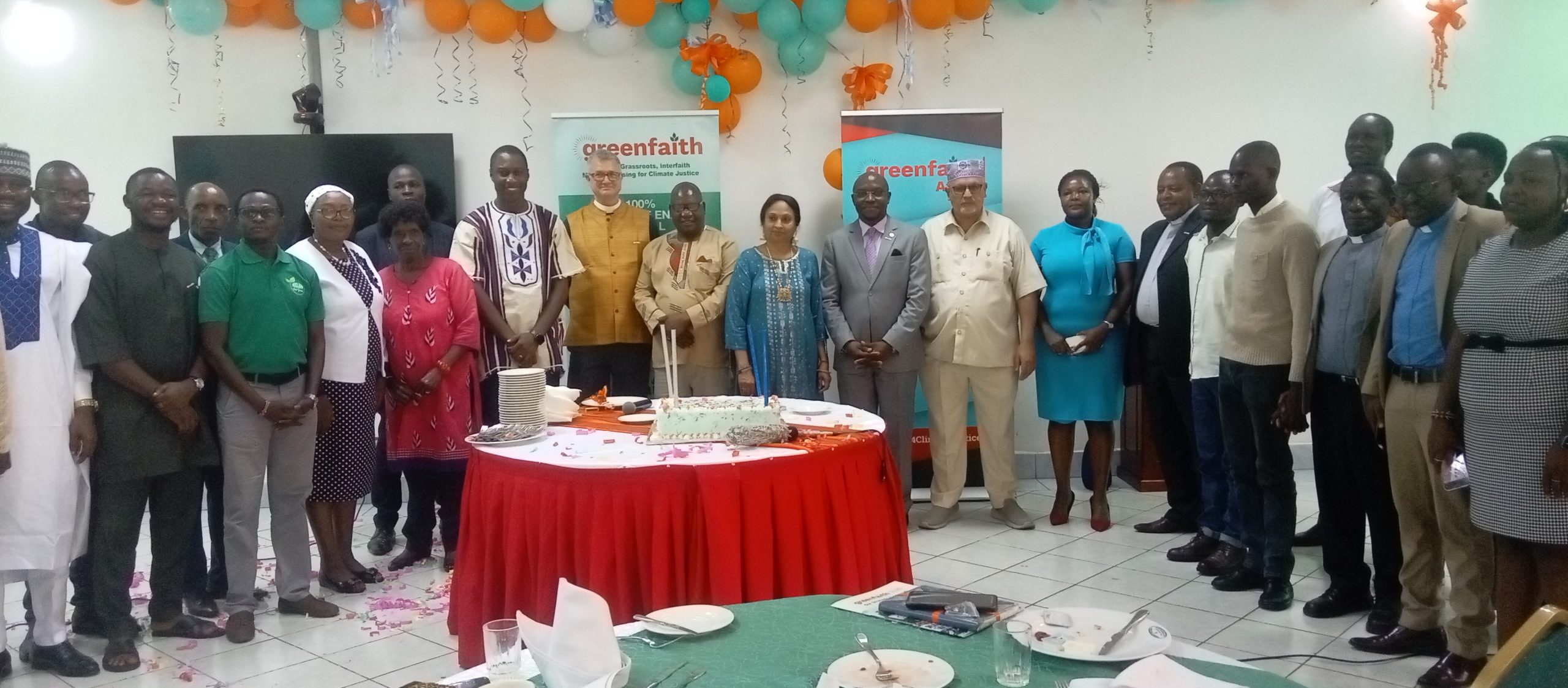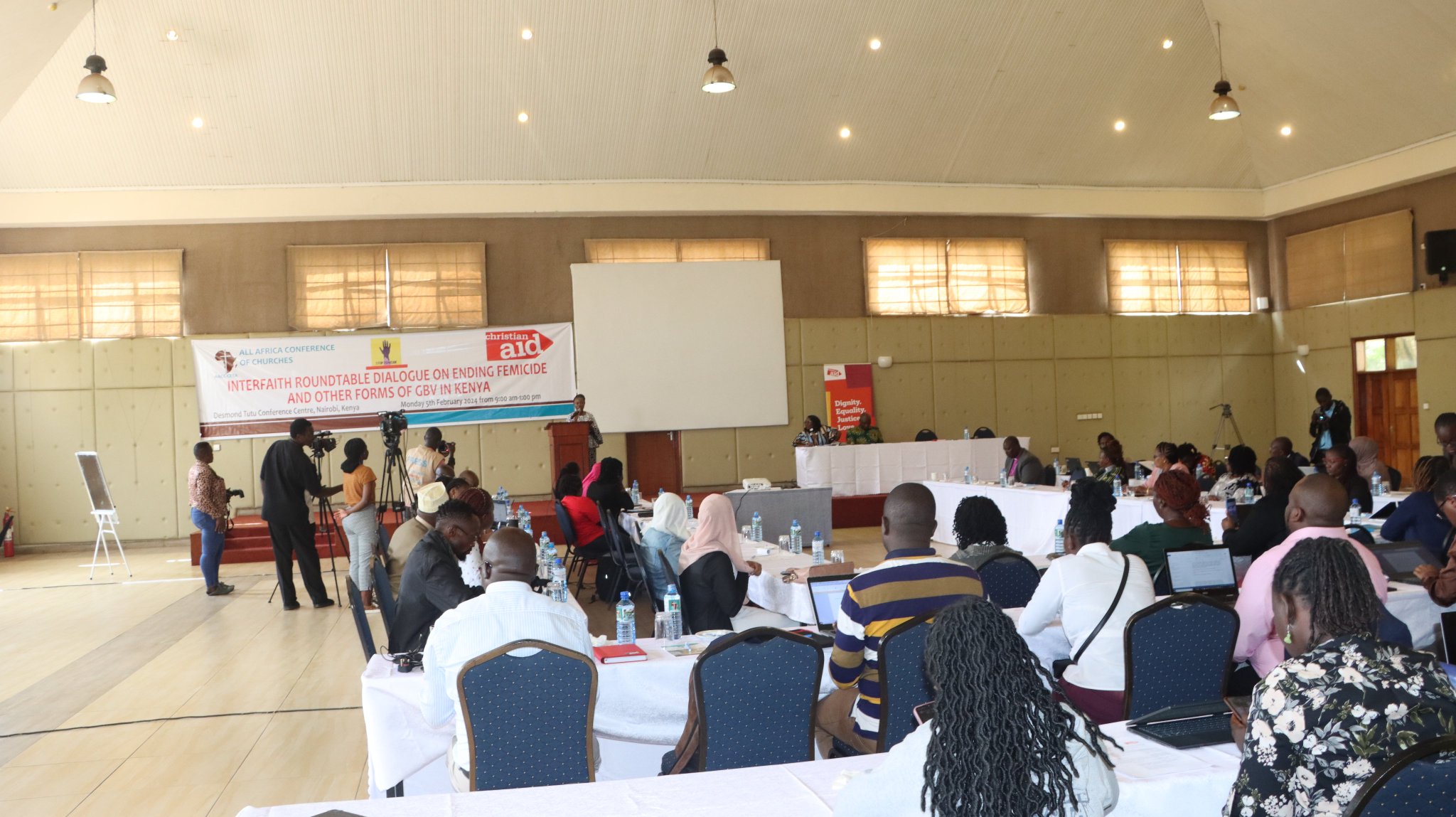By Eddah Waithaka
In a joint effort to boost food security and agricultural sustainability in Africa, the African Union-InterAfrican Bureau for Animal Resources (AU-IBAR) and the Bill & Melinda Gates Foundation (BMGF) have announced a groundbreaking partnership.
The two organizations have joined forces to launch the Resilient African Feed and Fodder Systems (RAFFS) project, which will focus on building resilience in African feed and fodder systems.
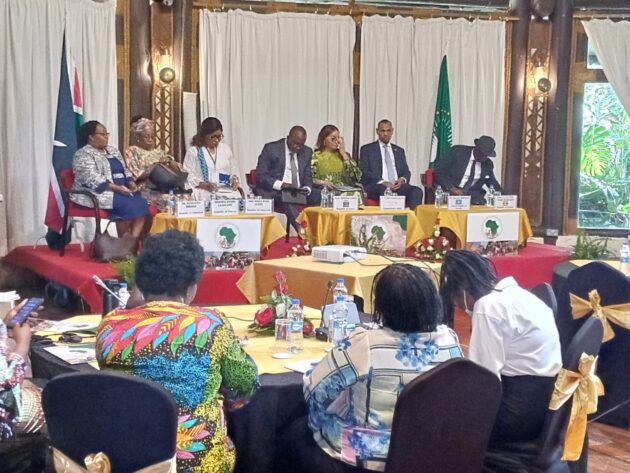
The project comes at a crucial time, as the continent continues to face multiple challenges, including the ongoing Covid-19 pandemic, climate shocks, and the conflict between Ukraine and Russia.
These crises have put a strain on the already fragile food systems in Africa, threatening the livelihoods of millions of people.
The RAFFS Project was launched by Commissioner for Agriculture, Rural Development, Blue Economy and Sustainable Environment Josefa Sacko, at an occasion graced by dozens of stakeholders from Africa.
Also present, included several ministers from Africa, among them Kenya’s Agriculture and Livestock Development Cabinet Secretary Mithika Linturi and his Ugandan counterpart Lt. Col (Rtd) Bright Rwamirama.
According to AU-IBAR Director, Dr. Ahmed El-Sawalhy, “The RAFFS project is a timely and much-needed intervention to address the pressing challenges faced by African countries in ensuring food security and sustainable agriculture.
Commissioner Sacko also said, “Africa’s feed sector remains largely under articulated and underdeveloped, with few countries having economic feed sub-sectors.”
“Producers, mainly in rural areas, generate huge animal resources that undergird a mega continental business worth billions of US dollars annually. The livestock sector also has a high multiplier effect, and spillover effects, stimulating fast growth in other agricultural sectors, manufacturing and services, making it critical for achieving the desired accelerated economic growth and structural transformation,” she said during the launch event held in Nairobi.
By improving feed and fodder systems, we can enhance the resilience of our communities and create a more sustainable future for our continent.”
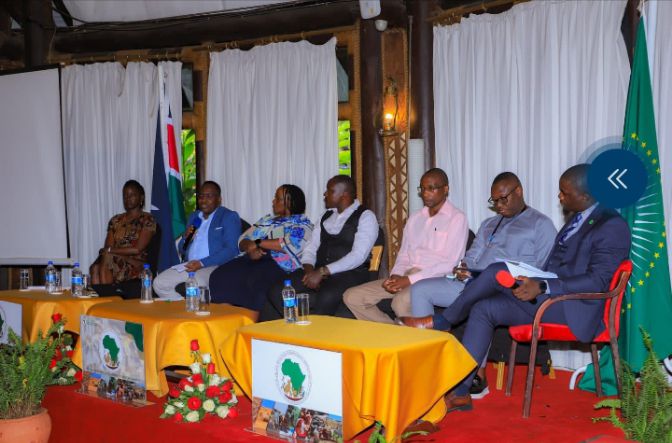
(L-R) Women Inclusion Expert Frances Naiga, Poultry farmer and trader in Uganda, Public Policy Omar Nur Mohammed, Livestock Product Offtaker- Winnie Wandini MD Wimssy Dairy Limited, Feed Business Development Expert David Maina at RAFFS Project, Data Management Expert Zanamwe Ngonidzashe Senior Lecturer at University of Zimbabwe and Financial Expert Olushola Obikanye, the Divisional Head at Agri and Solid Minerals Finance Sterling Bank Nigeria.
The three-year project, set to begin in December 2022, will leverage the expertise and resources of both AU-IBAR and BMGF to develop and implement innovative solutions.
Livestock is an essential component of food security, livelihoods, and income in Africa. It accounts for 24% of the continent’s agricultural GDP and can contribute up to 50-73% in specific countries.
Moreover, the livestock sector employs around 70% of women in Africa. However, the recent triple C crises (climate change, conflict, and COVID-19) have had a profound impact on the livestock sector, which supports over a third of the population.
These crises have disrupted the input and supply chains of feed and fodder in Africa, leading to shortages. This not only affects development goals but also has significant effects on livelihoods, food security, and nutrition.
In order to address these shortages, multi-stakeholder actions, coordination, and investments are required. Existing efforts are fragmented, and critical gaps exist in data, efficiency, coordination, and reforms.
The African Union recognizes the importance of food and nutrition security and has prioritized strengthening agro-food systems, health, and social protection for accelerated development.
The RAFFS project will collaborate with African Union Member and Regional Economic Communities in the most impacted (IGAD,OWAS, and ECCAS) to enhance the resilience of African feed and fodder systems through innovation and testing of.
The project will also engage with various partners, including governments, the private sector, and civil society organizations.The project also specifically addresses three strategic objectives to respond to the worsening food and nutrition security occasioned by the 3Cs.
Also Read: https://switchmedianews.wordpress.com/2024/02/05/religious-leaders-calls-out-president-ruto-over-high-taxes/



